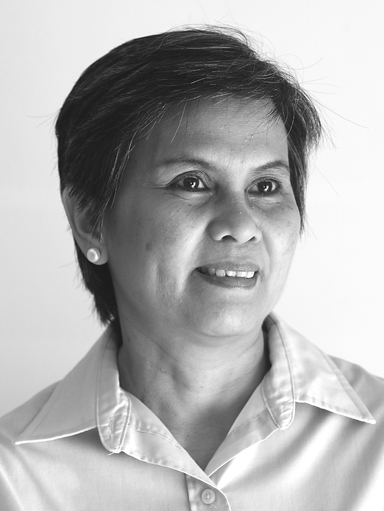Why the rule of law and independence of the judiciary matter

Atty. Gloria Estenzo-Ramos
The preamble of the 1987 Constitution reads as follows:
“We, the sovereign Filipino people, imploring the aid of Almighty God, in order to build a just and humane society, and establish a government that shall embody our ideals and aspirations, promote the common good, conserve and develop our patrimony, and secure to ourselves and our posterity, the blessings of independence and democracy under the rule of law and a regime of truth, justice, freedom, love, equality, and peace, do ordain and promulgate this Constitution.”
As the absolute and supreme law of the land, our Constitution’s preamble states the purpose for its promulgation.
It clearly sets forth the goal of building a “just and humane society.”
It limits the powers of the government in order to protect the rights of and serve the people and ensure the “blessings of independence and democracy under the rule of law,” under a regime of “truth, justice, freedom, love, equality and peace.”
Many citizens do not appreciate that we, the Filipino people, are the authors of the Constitution. 76.30 percent of the votes cast during the plebiscite of February 2, 1987 favored its ratification.
The Constitution is the principal source of our rights, liberties as well as duties and limitations to the exercise of power.
It is so important to each citizen that all educational institutions are required by the Constitution to “include the study of the Constitution as part of the curricula” and “to inculcate patriotism and nationalism, foster love of humanity, respect for human rights, appreciation of the role of national heroes in the historical development of the country, teach the rights and duties of citizenship, strengthen ethical and spiritual values, develop moral character and personal discipline, encourage critical and creative thinking, broaden scientific and technological knowledge, and promote vocational efficiency.” (Article XIV, Sections 23)
Like most democracies, we operate under the principle of checks and balances, with an independent judiciary required to be spared from the clutches of the political branches of government — the Executive and Legislative Branches.
The Rule of Law requires an independent judiciary.
Writer and diplomat Caroline Kennedy captures its essence in saying that “The bedrock of our democracy is the rule of law and that means we have to have an independent judiciary, judges who can make decisions independent of the political winds that are blowing.”
For not a few advocates, the court is the last resort when an implementing agency from the executive department fails or refuses to do its mandates of environmental protection.
Without the Rule of Law, and an independent judiciary, for that matter, we cannot expect our land, air quality, water and oceans to be sustainably managed, and our rights to a balanced and healthful ecology and the livelihoods of those principally dependent on healthy natural ecosystems for survival, protected.
But, someone dear to me asked, “How do we teach the Rule of Law”?
Disclaimer: The comments uploaded on this site do not necessarily represent or reflect the views of management and owner of Cebudailynews. We reserve the right to exclude comments that we deem to be inconsistent with our editorial standards.




